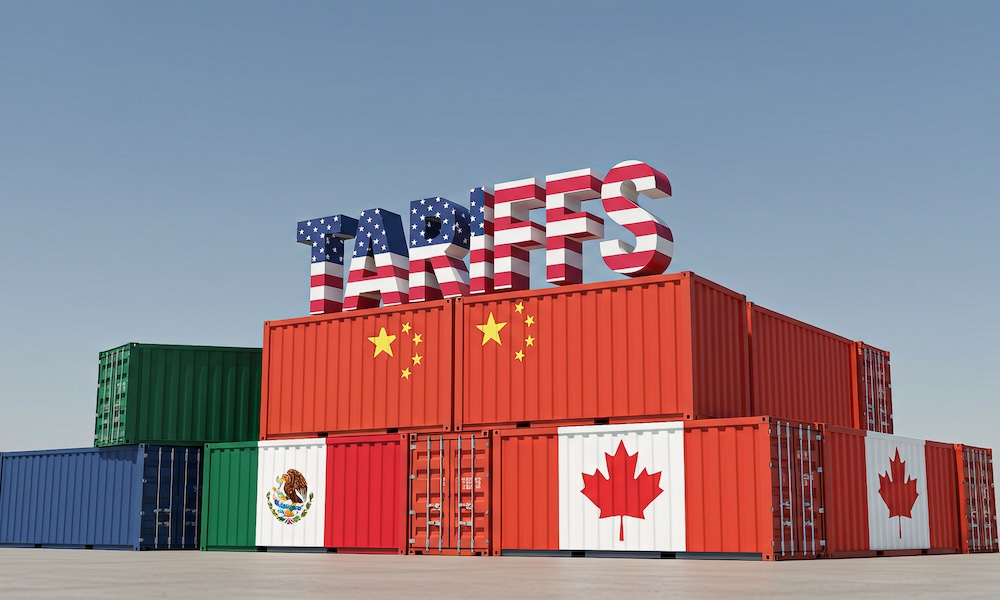Tariffs Are Still Going to Create a Storm
While many analysts expected the tariff situation to affect this quarter’s numbers adversely, Apple has been able to weather much of that storm so far. The worst of these levies were only applied to Apple’s products for a relatively brief period in April before the Trump administration hit the pause button, and Apple had enough stock in the US pipeline to avoid making a massive dent in its bottom line.
That’s not to say Apple got off scot-free. Cook revealed yesterday that Apple spent around $800 million in China-related tariffs, mainly under the International Emergency Powers Act (IEEPA). Those were the initial 20 percent tariffs levied against China in March, as opposed to the additional “retaliatory” tariffs that brought the total levy up to 145 percent in April.
When the Trump administration granted a temporary exemption on electronics that covered most Apple products, it reduced the China tariffs back down to the original 20 percent. Apple has likely been paying that one all along.
However, this reprieve on higher tariffs was never expected to last, and Cook announced yesterday that the worst of the storm is still on its way. India, where Apple has moved much of its manufacturing, was hit with a 25 percent tariff this week, and China will soon be going to 30 percent. Meanwhile, Brazil, which some analysts viewed as a possible haven for low-tariff iPhone production, has just had its tariffs dialled up to 50 percent.
“For the September quarter, assuming the current global tariff rates, policies, and applications do not change for the balance of the quarter and no new tariffs are added,” Cook said, “we estimate the impact to add about $1.1 billion to our costs.”
Several reports suggest that Apple is already mulling price increases for the iPhone 17 lineup, although that’s far from a certainty. Apple could choose to eat some of those costs, or find other ways to raise prices more subtly, as it did with the iPhone 15 Pro Max in 2023 when it bumped the base storage to 256 GB, eliminating the lower cost option while not technically increasing the price.

